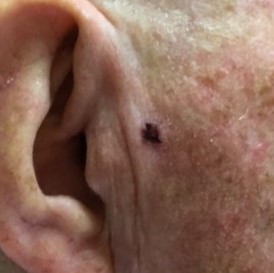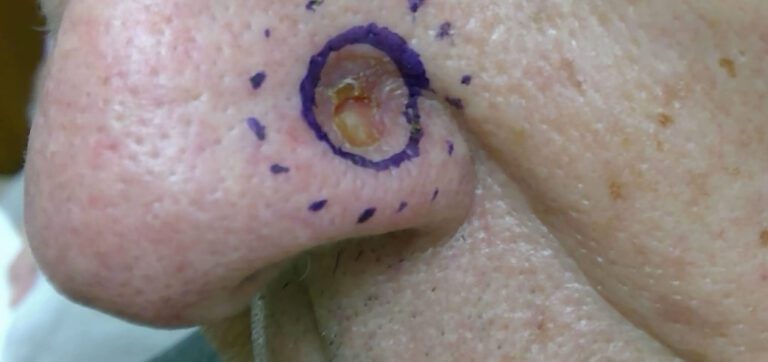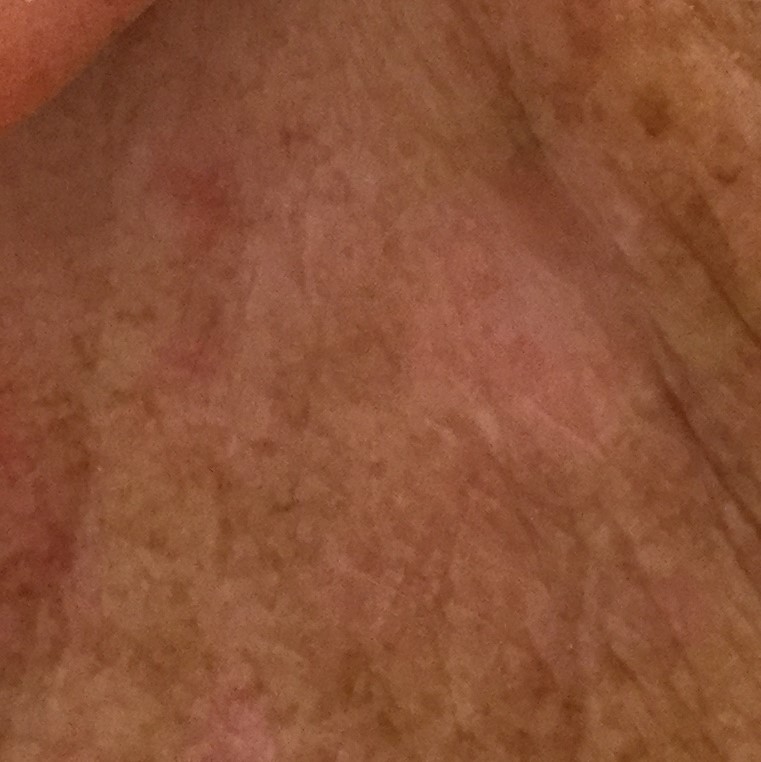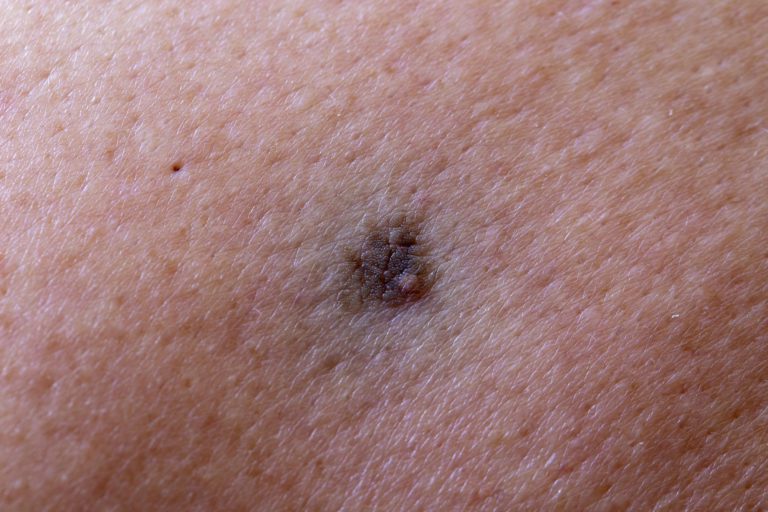
Questions to Consider After Your Skin Cancer Treatments
It’s not uncommon to feel a sense of uncertainty, even after you’ve completed skin cancer treatment. Throughout your treatment journey, be sure to communicate openly with your dermatologist or derma-oncologist. After treatment, you may have some questions about recurrence, precautions you should take, and more. Coming up with questions off the top of your head…Read More










